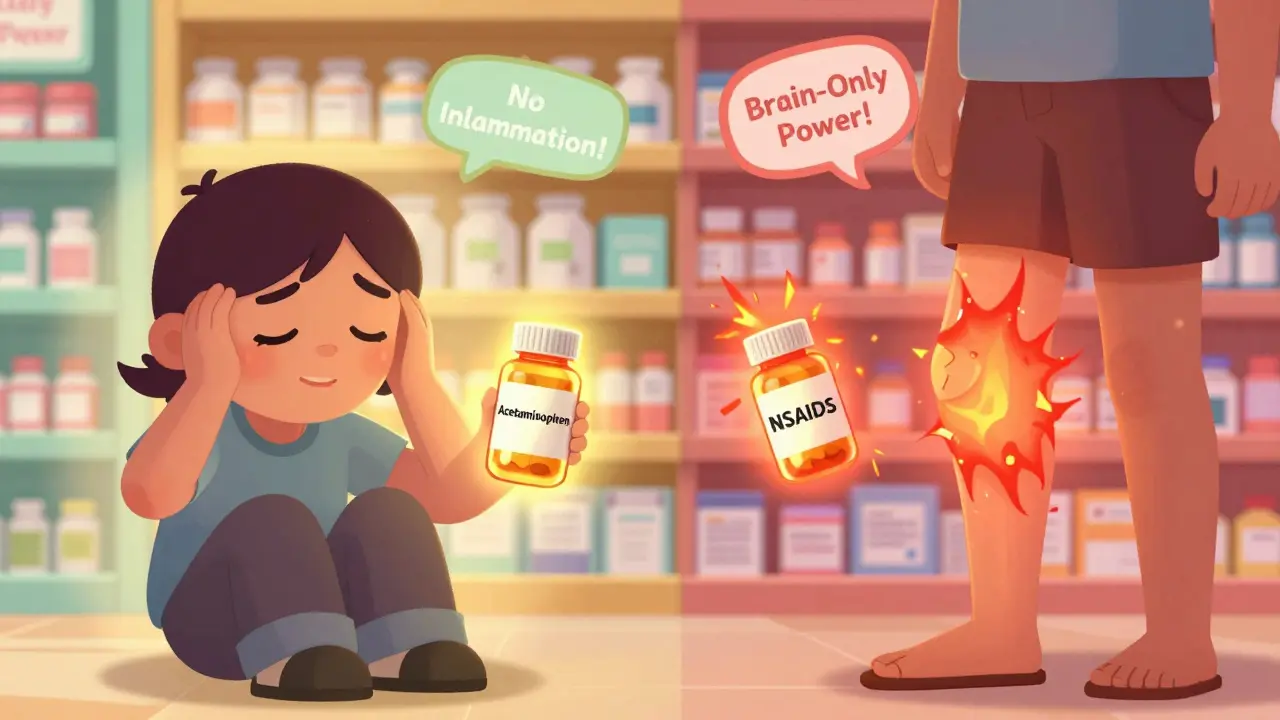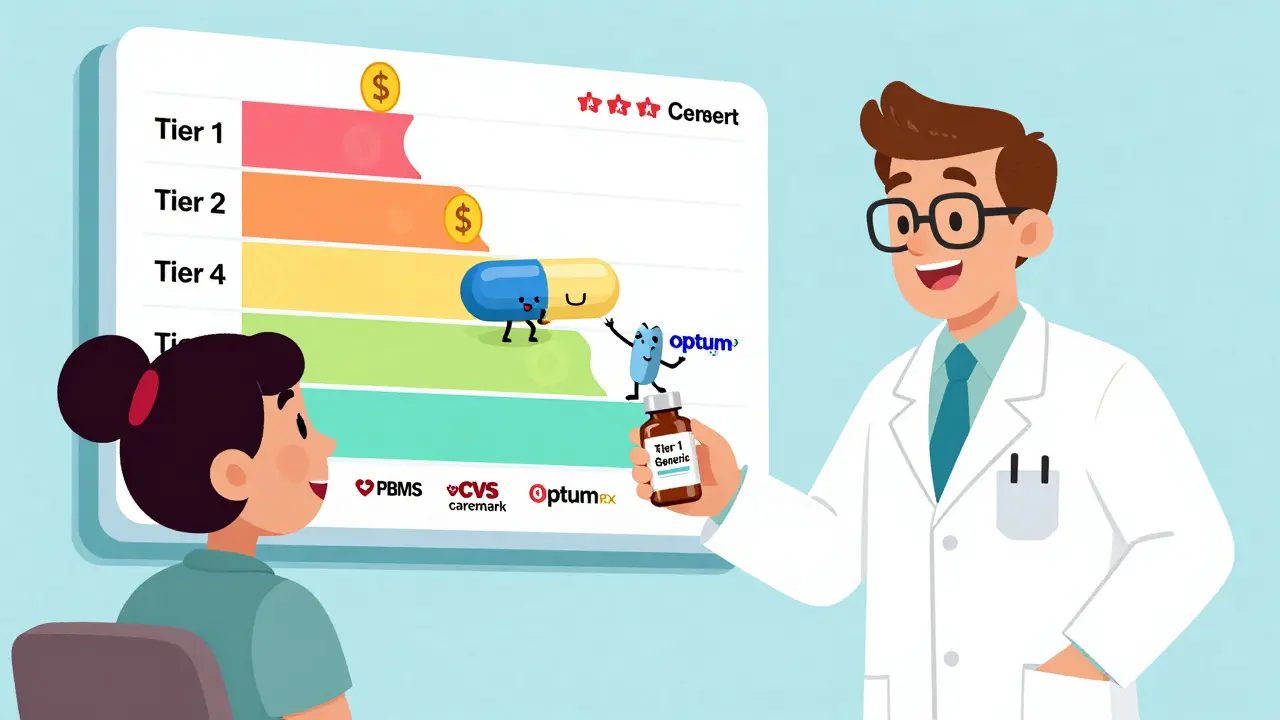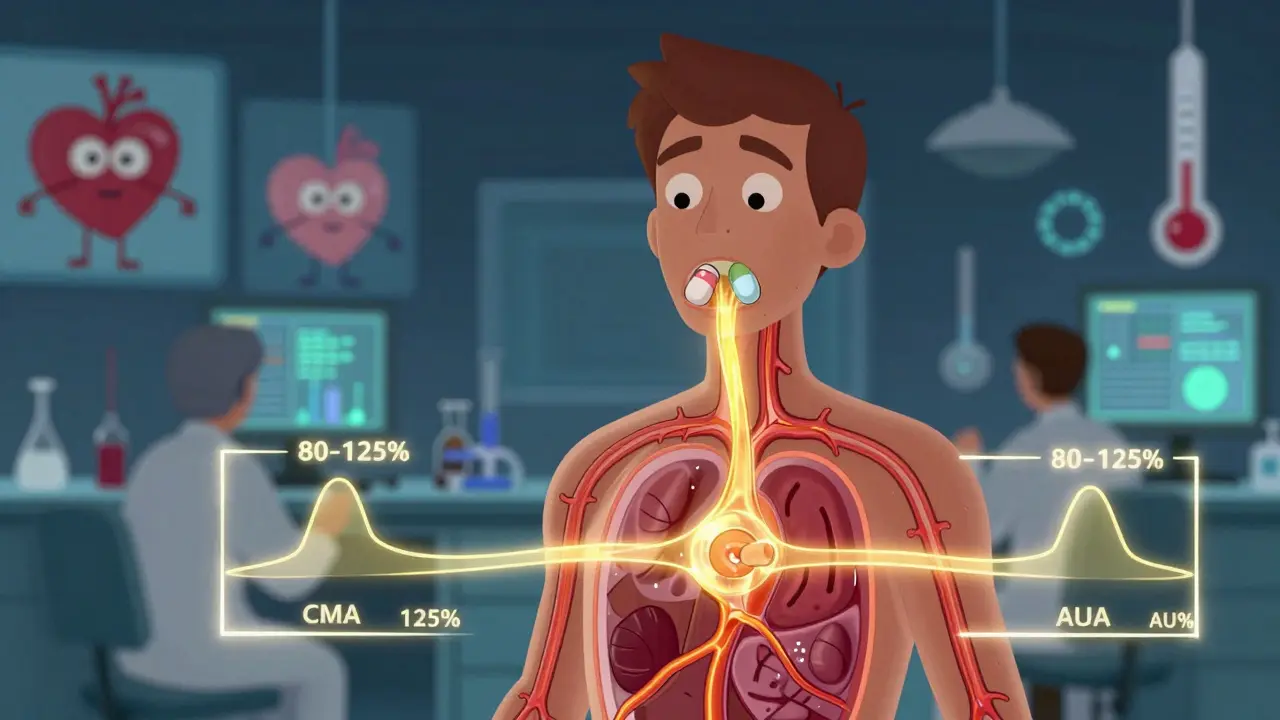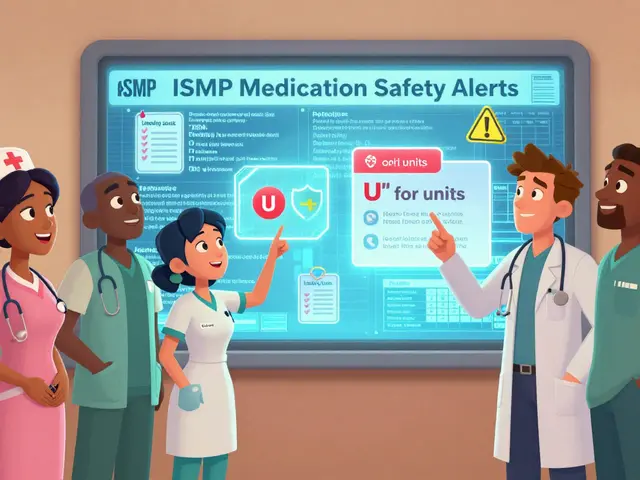BuyBestMeds.com: Online Pharmaceutical Hub - Page 3

Discover the most common pharmacy dispensing errors, why they happen, and how proven systems like barcode scanning, double-checks, and clinical alerts can prevent them - saving lives and reducing harm.

Jan, 17 2026
An ANDA, or Abbreviated New Drug Application, is the FDA pathway that allows generic drugs to enter the market without repeating costly clinical trials. It saves billions annually and makes essential medicines affordable.

Learn how to choose between acetaminophen and NSAIDs for OTC pain relief. Discover which works best for headaches, arthritis, and inflammation-and how to avoid dangerous side effects.

Medications get pulled from the market when they're unsafe or ineffective. Learn how the FDA decides to withdraw drugs, why it took so long in the past, and how new 2023 rules are changing the game for patient safety.

Most medications pass into breast milk in tiny amounts and are safe for babies. Learn how drugs transfer, which ones to watch for, and how to keep breastfeeding while taking necessary medicines.
Keep a medication journal to track how your body reacts when switching to generic drugs. Learn what to record, which medications need it most, and how to use your journal to talk to your doctor.

Jan, 11 2026
Many patients take separate generic pills instead of fixed-dose combinations (FDCs) to save money or get flexible dosing. But this 'de facto combination' can be risky - with untested interactions, lower adherence, and hidden safety issues. Here’s what you need to know.

Second and third generic drug manufacturers drive prescription prices down by 50% or more. Learn how competition after patent expiry saves billions and why fewer competitors can lead to higher costs.

Insurers prefer generic drugs because they're 80-85% cheaper than brand names and just as effective. Learn how formularies work, why some drugs get blocked, and what you can do to save money.

Learn how the FDA uses bioequivalence studies to prove generic drugs work just like brand-name versions. Understand the 80-125% rule, PK parameters, and why generics are safe and effective.

